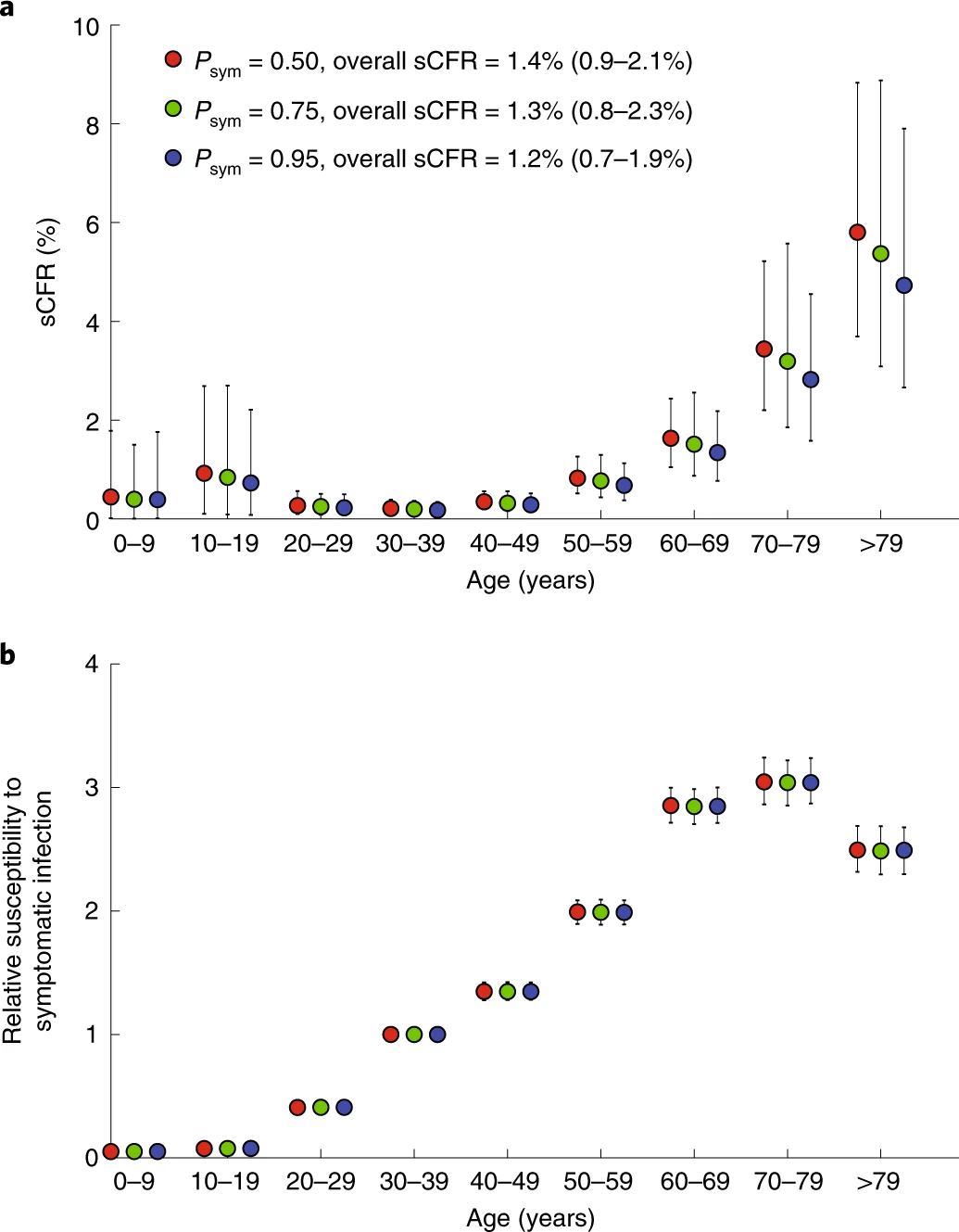Blackwidow
Full Member
- Joined
- Oct 8, 2011
- Messages
- 7,831
How are so few old people catching it, young population or are they just staying at home?
4 or 5 of the deaths in Bavaria happened in a nursing home in Würzburg. One of the caregivers brought it in after a holiday in Austria or Italy, when I remember that correctly. Several of the staff were infected, too.
I guess you cannot really stop the infection of old people, especially in families. You just can minimize that.
The hospital in 10 miles distance has three Corona cases, all middle age - one in intensive care without intubation. 5 of the staff infected.


